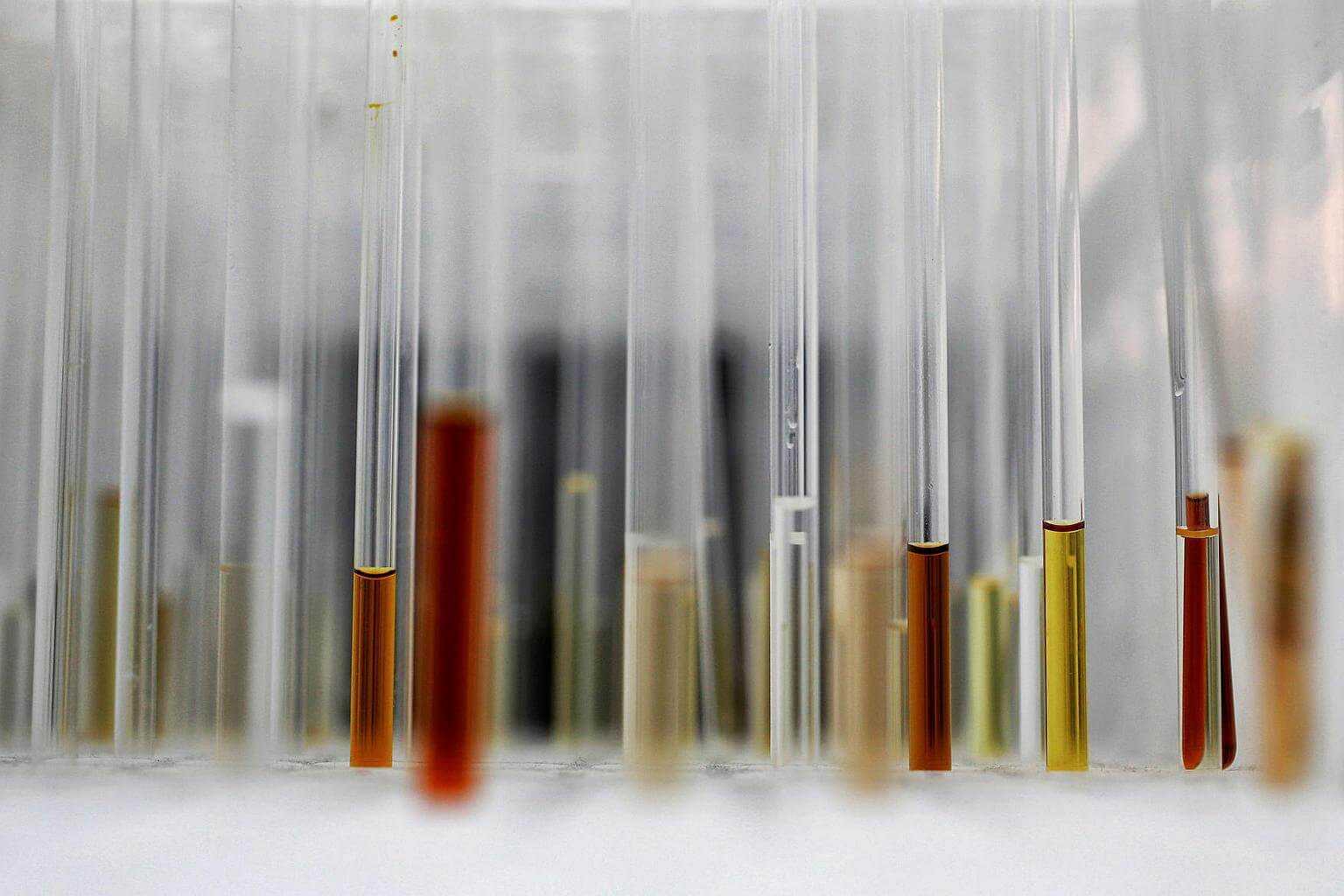Living with cancer: An ST series
Colorectal cancer: New method analyses tumour DNA in blood for easier diagnosis
Sign up now: Get ST's newsletters delivered to your inbox

Although the many new developments for colorectal cancer might increase the effectiveness of treatment, many of them are still under clinical trials and there is no guarantee of successful treatment.
PHOTO: REUTERS
Lin Yangchen
Follow topic:
Few diseases fit the maxim "prevention is better than cure" more aptly than colorectal cancer, whose treatment remains a long, painful and expensive process despite advances in biomedical science.
This is especially true when you are among the 20 per cent of patients who have already reached the cancer's fourth and final stage when diagnosed.
Dr Chee Cheng Ean, consultant at the National University Cancer Institute, Singapore, said that by this stage, the cancer could have spread to other parts of the body such as the bone, lungs and liver.
Colorectal cancer is characterised by two mutated genes called Kras and Braf. The presence or absence of these mutations has to be ascertained and monitored in order to decide on the best form of treatment. This is commonly done by extracting tissue samples from the tumour, a procedure that could cause infection or other side effects.
A new method recently developed by researchers at the Agency for Science, Technology and Research (A*Star) makes diagnosis easier, faster and cheaper.
In this method called liquid biopsy, a blood sample is taken and tumour DNA in the blood is analysed to determine the most appropriate treatment, taking into consideration other factors such as how far the cancer has spread. It is undergoing clinical studies in collaboration with hospitals, said A*Star.
Cancer treatments have also improved over the years. For example, drugs used in chemotherapy can now be administered without a hospital stay and have much less debilitating side effects. Patients lose their hair less often, and the risk of nausea and vomiting is very low, said Dr Chee.
"We've come a long, long way," she added.
More sophisticated treatments called targeted therapies are also being developed, in which antibodies disrupt the cancer's abnormal signalling pathways that promote cell growth and blood vessels within the tumour. But the effectiveness of such treatments depends on the pathways that are active in a particular patient.
There is also immunotherapy, a relatively new tactic using specially designed antibodies that activate the body's own immune system to attack cancer cells, said Dr Chee.
Researchers are also trying to combine different kinds of therapy, for example, targeted therapy and immunotherapy, she added.
Although these new developments might increase the effectiveness of treatment, many of them are still under clinical trials and there is no guarantee of successful treatment.
It is far easier to screen for and prevent colorectal cancer. The Singapore Cancer Society distributes the FIT (Faecal Immunochemical Test) kit free to Singaporeans or permanent residents aged 50 and above. The test, which can be self-administered at home, detects trace amounts of blood in stools caused by pre-cancerous growths called polyps.
Although it is not a conclusive test, it is better than nothing. And removing any polyp found is usually as simple as an endoscopic procedure that does not require any surgery.
•For further enquiries on colorectal cancer, please call the National Cancer Centre Singapore helpline on 6225-5655 or e-mail it at cancerhelpline@nccs.com.sg. You can also contact the National University Cancer Institute, Singapore on 6773-7888 or e-mail it at ncis@nuhs.edu.sg.•

